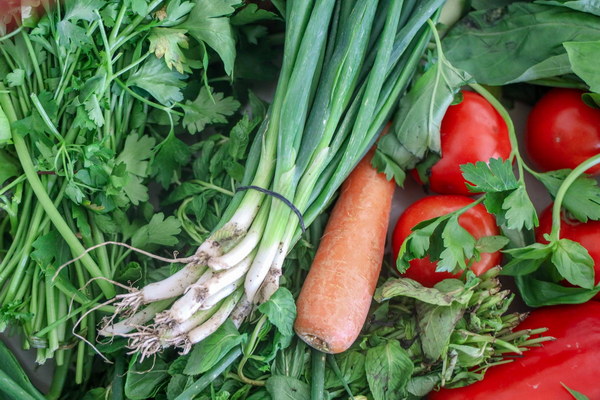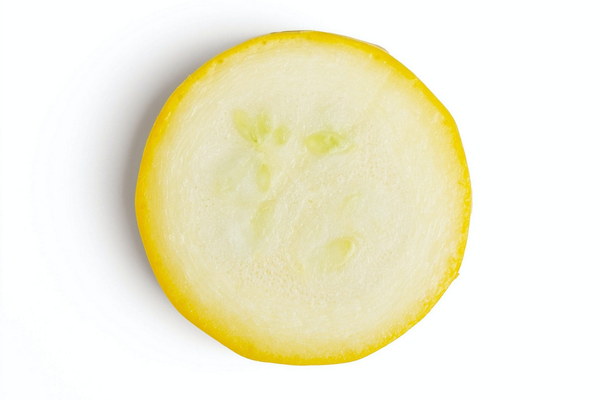Unlocking the Power of Traditional Chinese Medicine Renforcement and Nourishing Kidney Herbs
In today's fast-paced world, where stress and unhealthy lifestyle choices are prevalent, it's no surprise that many people are turning to traditional Chinese medicine (TCM) to maintain their health. One of the key components of TCM is the focus on balancing the body's internal organs, with a particular emphasis on the kidneys. The kidneys play a vital role in filtering waste products from the blood, regulating fluid balance, and producing hormones that help regulate blood pressure and red blood cell production. When the kidneys are not functioning optimally, it can lead to a variety of health issues.
Enter the world of kidney-nourishing Chinese herbs, a popular and effective form of TCM that aims to support and strengthen the kidneys. These herbal remedies have been used for centuries, with a wealth of evidence to support their efficacy. Let's delve into the world of kidney-nourishing Chinese herbs and explore the benefits they offer.
Understanding Kidney-Nourishing Herbs
Kidney-nourishing herbs are typically classified into three categories: tonifying, clearing, and soothing. Tonifying herbs are used to enhance kidney function and improve overall health, while clearing herbs help to remove toxins and relieve symptoms of kidney dysfunction. Soothing herbs, on the other hand, are used to calm the kidneys and alleviate pain or discomfort.
Some of the most commonly used kidney-nourishing herbs include:
1. Rehmannia (Shu Di Huang): Known for its blood-building properties, rehmannia is a key herb in many kidney-nourishing formulas. It's often used to treat anemia, fatigue, and weakness.
2. Cornus (Shan Zhu Yu): This herb is believed to help strengthen the kidneys and improve fertility. It's often used to treat kidney weakness, night sweats, and weakness in the lower back and knees.
3. Eucommia (Du Huo): A popular herb for treating kidney pain and weakness, eucommia is also known for its ability to strengthen the bones and ligaments.
4. Astragalus (Huang Qi): This adaptogenic herb is used to boost the immune system and improve overall energy levels. It's often included in kidney-nourishing formulas to support the body's natural defenses.

5. Codonopsis (Dang Shen): Known for its energy-boosting properties, codonopsis is often used to treat fatigue, weakness, and general debility.
The Benefits of Kidney-Nourishing Herbs
The benefits of kidney-nourishing herbs can be quite profound, particularly when used consistently over time. Some of the key advantages include:
1. Improved kidney function: By supporting the kidneys, these herbs can help improve overall kidney function, leading to better filtration of waste products and a healthier body.
2. Enhanced energy levels: Weak kidneys can lead to fatigue and weakness. Kidney-nourishing herbs can help boost energy levels and improve overall vitality.
3. Increased fertility: Cornus, in particular, is known to support fertility and is often used in traditional Chinese medicine to treat infertility.
4. Pain relief: Herbs like eucommia can help alleviate pain in the lower back and knees, which are commonly associated with kidney weakness.
5. Immune system support: Astragalus and codonopsis are both adaptogenic herbs that can help boost the immune system, making the body more resilient to illness.
Using Kidney-Nourishing Herbs Safely
While kidney-nourishing herbs can be a valuable addition to your health regimen, it's important to use them safely. Here are a few tips to keep in mind:
1. Consult a healthcare professional: Before starting any new herbal regimen, it's crucial to consult with a healthcare professional, such as a licensed TCM practitioner or naturopath. They can help ensure that the herbs you're using are safe and appropriate for your specific health needs.
2. Follow dosage instructions: Always follow the recommended dosage guidelines provided by your healthcare professional or the product label. Taking too much of a kidney-nourishing herb can lead to adverse effects.
3. Monitor for side effects: While kidney-nourishing herbs are generally safe, some individuals may experience side effects, such as gastrointestinal discomfort or allergic reactions. If you notice any adverse effects, discontinue use and consult with a healthcare professional.
In conclusion, kidney-nourishing herbs are a powerful and time-tested tool for supporting kidney health and overall well-being. By incorporating these traditional Chinese remedies into your health routine, you may experience improved kidney function, increased energy, and a greater sense of vitality. Remember to consult with a healthcare professional before starting any new herbal regimen, and enjoy the benefits of these ancient remedies.








![Unveil Your Radiance Discover the Secret to Beauty at Zitong Beauty and Skin Care (Phone [Your Phone Number])](http://img.bluepurple.cn/a/养生/24/Unveil-Your-Radiance-Discover-the-Secret-to-Beauty-at-Zitong-Beauty-and-Skin-Care-Phone-Your-Phone-Number.jpg)
